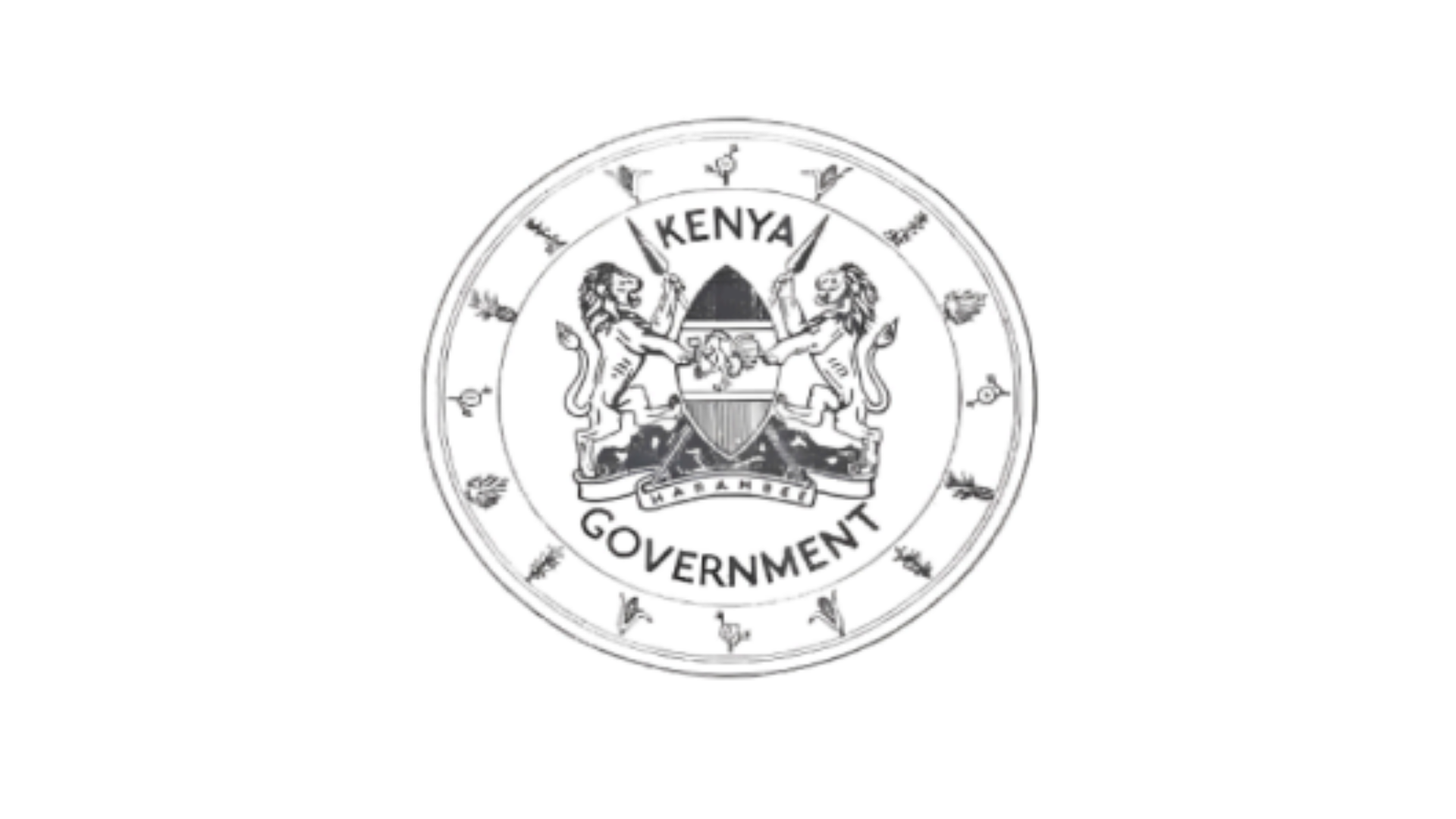High Court Halts Transfer of the Public Seal Amid Constitutional Concerns
The High Court in Nairobi on 12th June 2025 issued a conservatory order halting the transfer of the Public Seal from the Attorney General’s office to the Head of Public Service. The decision, delivered by Justice Chacha Mwita, has sparked widespread debate about constitutional authority, separation of powers, and the symbolic significance of the Public Seal in Kenya’s governance structure.
The controversy stems from Executive Order No. 2 of 2023, issued by the Kenyan government, which sought to reassign custody of the Public Seal from the Attorney General to the Head of Public Service, Felix Koskei. The Public Seal, a critical symbol of state authority, is used to authenticate official government documents, including treaties, laws, and appointments. Historically, its custody has rested with the Attorney General, a position constitutionally mandated to act as the government’s principal legal advisor.
The Katiba Institute, a prominent constitutional research and advocacy organization, challenged the executive order in court. The institute argued that the transfer not only violated the Constitution of Kenya but also undermined the doctrine of separation of powers, a cornerstone of democratic governance. The petition raised concerns about the potential politicization of the Public Seal and the erosion of the Attorney General’s role as a guardian of legal integrity.
Justice Chacha Mwita, presiding over the case, issued a conservatory order suspending the implementation of the executive order pending a full judicial review. In his ruling, the judge emphasized that the transfer of the Public Seal raised “weighty constitutional and legal questions” that required thorough examination. He noted that the Public Seal is not merely a bureaucratic tool but a symbol of state authority, and any attempt to alter its custody must comply with constitutional provisions.
“The Public Seal is a national symbol with significant legal implications,” Justice Mwita stated. “Its transfer cannot be effected through an executive order without clear constitutional backing and public participation.”
The court’s decision effectively maintains the status quo, ensuring that the Public Seal remains under the Attorney General’s custody until the case is fully heard and determined. The ruling has been hailed as a victory for constitutionalism by legal scholars and civil society groups, though it has also drawn criticism from some government supporters who argue that the executive order was a pragmatic administrative reform.
The Katiba Institute’s petition highlighted several key issues. First, it argued that the executive order contravened Article 131 of the Constitution, which outlines the powers of the President, and Article 156, which defines the role of the Attorney General. The institute contended that the transfer of the Public Seal to the Head of Public Service, a position not explicitly recognized in the Constitution for such a role, could compromise the independence of the Attorney General’s office.
Furthermore, the petition raised concerns about the lack of public participation in the decision-making process. Under Kenya’s 2010 Constitution, major policy changes, especially those affecting national symbols or institutions, require public input to ensure transparency and accountability. The Katiba Institute argued that the executive order was issued unilaterally, without consulting key stakeholders or the public.
Legal experts have noted that the case could set a significant precedent for how executive powers are exercised in Kenya. “This ruling underscores the judiciary’s role as a check on executive overreach,” said Dr. Jane Wambui, a constitutional law scholar at the University of Nairobi. “It also highlights the importance of adhering to the Constitution in matters of national significance.”
The High Court’s decision has elicited varied reactions across Kenya’s political and social spectrum. Civil society organizations, including the Law Society of Kenya (LSK), have praised the ruling as a defense of constitutional governance. LSK President Faith Odhiambo stated, “The judiciary has once again demonstrated its commitment to upholding the rule of law. The Public Seal is not a trivial matter; it represents the sovereignty of the Kenyan state.”
On the other hand, some government officials have expressed frustration with the court’s intervention, arguing that the executive order was intended to streamline administrative processes. A senior official in the Office of the President, speaking anonymously, claimed that the transfer was meant to enhance efficiency in the authentication of government documents. “This is not about power grabs; it’s about modernizing governance,” the official said.
Public discourse on social media platforms, particularly X, has been polarized. Some users have celebrated the ruling as a triumph for checks and balances, while others have accused the judiciary of obstructing government reforms. Hashtags such as #PublicSeal and #ConstitutionKE have trended, reflecting the issue’s significance in public consciousness.
The High Court has scheduled a full hearing to determine the constitutionality of the executive order, with dates to be confirmed in the coming weeks. Legal analysts expect the case to delve into complex questions about the balance of power between the executive and other arms of government, as well as the role of national symbols in Kenya’s democracy.
In the meantime, the conservatory order ensures that the Public Seal remains with the Attorney General, preserving a long-standing tradition. The outcome of the case could have far-reaching implications for how Kenya navigates administrative reforms while adhering to its constitutional framework.
As the nation awaits the final ruling, the debate over the Public Seal serves as a reminder of the delicate balance between tradition and modernization in Kenya’s evolving democracy. For now, the High Court’s intervention has reaffirmed the judiciary’s role as a guardian of constitutional integrity, ensuring that any changes to the custody of the Public Seal will be subject to rigorous scrutiny.


